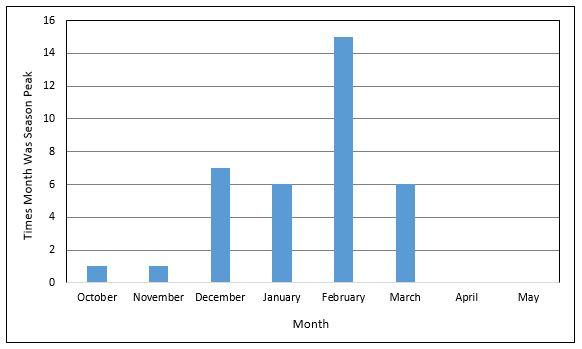Cold and flu season is upon us. Tips on how to stay healthy, PLUS an Immunity Milk recipe from Liv’s Recovery Kitchen.
It’s the time of year that we pick up anything from a common cold, to full-blown flu which keeps us in bed for a week. But fear not, there are a host of things you can do to boost your immunity and keep viruses at bay.
While a common cold may only last for a few days, flu is more serious. According to the Centers for Disease Control and Prevention (CDC), from October 1, 2017 through April 28, 2018, there were 30,453 laboratory-confirmed flu-related hospitalizations — that equates to 9 percent of the U.S. population. In fact, this past year was the highest severity of flu ever recorded.
Flu is most common in late fall and winter. It is not entirely known why the flu season begins in autumn and peaks in winter (December and February), but a few theories suggest it is because in colder months we’re in closer proximity to each other, thus transmitting viruses is more likely; and it is said that viruses survive better in colder climates.

A poor diet and high levels of stress have been known to lower the immunity, making you more likely to pick up infections. The good news however, is that we can do lots of things to boost our immunity to defend our bodies against colds and flu. These include:
-
Make sure you eat a diet packed with essential vitamins and minerals. That means eating lots of fruits, vegetables, and whole grains
-
Exercise for a minimum of 30 minutes a day
-
Ensure you get at least 7 hours of sleep a night
-
Consider getting a flu vaccine
-
Regularly wash your hands
-
Manage your stress levels
-
Drink lots of water
There are also certain foods which boost immunity — and fight viruses when we have them — beyond the lifestyle recommendations above. These include: turmeric and ginger, which are powerful anti-inflammatories; honey which is full of antioxidants, has anti-bacterial properties and can soothe a sore throat; and berries which are also full of antioxidants and vitamin C, which help defend against viruses. There are many others, why not take a look and see which powerful foods you can increase in your diet.
During fall and winter, and when I have a cold, I have a go-to immunity-building warm drink. Inspired by Nutrition Stripped, this recipe is packed with cold-busting ingredients and it soothes my sore throat and stuffy nose.
Immunity Milk Recipe
Instructions
-
Place all ingredients in a pan for 10 minutes and simmer until hot.
-
Turn off the heat and either blend in the pan with an immersion blender or transfer to a heat-resistant high-speed blender and process until smooth.









